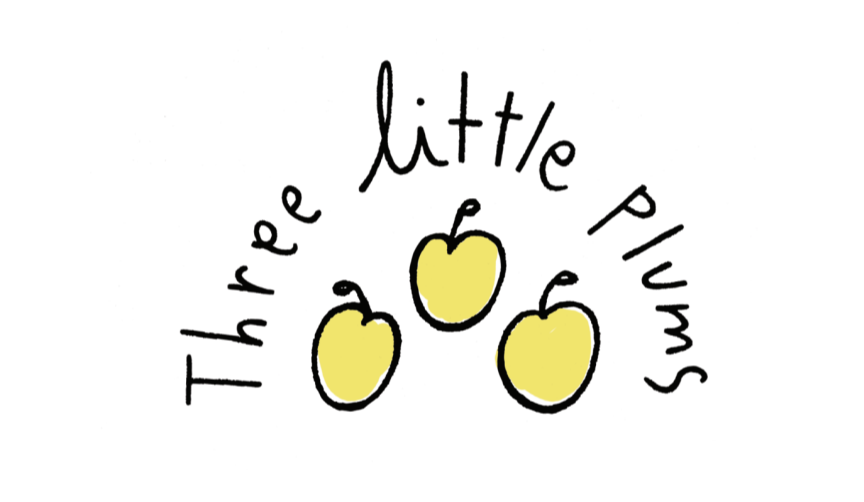Cancer Causing Pesticide Still in America's Favorite Cereal and Granola Bars
Do you know how to choose a morning cereal without glyphosate?

The question today is not “ does your food contain glyphosate?”, but, “ which of the foods that you eat contain high levels of glyphosate” because- honestly- glyphosate is pretty hard to avoid in today's world.
EWG commissioned a test almost a year ago ( you can read my post IS THERE A CANCER CAUSING PESTICIDE IN MY KIDS FAVORITE BREAKFAST FOODS?!) and now they just published a follow up study that confirms what they found last year: our kids are ingesting potentially harmful levels of glyphosate through their favorite breakfast and snack.
This most recent set of tests looked at 21 popular oat based cereal and snack products all made by one company: General Mills . All but four tested products contained levels of glyphosate higher than what EWG scientists consider save for children’s health.
The two highest levels of glyphosate were found in Honey Nut Cheerios Medley Crunch, with 833 parts per billion, or ppb, and Cheerios, with 729 ppb. The EWG children’s health benchmark is 160 ppb. Here are all the results:

For their part, General Mills told CBS news that "
General Mills said food safety is a "top priority" for the company, which said it's working to minimize the use of pesticides on the ingredients it uses. "Most crops grown in fields use some form of pesticides and trace amounts are found in the majority of food we all eat," the company said in an emailed statement. "Experts at the FDA and EPA determine the safe levels for food products," which it adheres to, as well as farmers that grow the crops, it added."
Can We Avoid Glyphosate?
General Mills is right when it states that "Most crops grown in fields use some form of pesticides and trace amounts are found in the majority of food we all eat," however, it is possible to decrease your exposure to this pesticide by eating organic and avoiding processed foods that contain corn, soy and wheat, as these are crops that are heavily sprayed with the pesticide. A third-party certification currently exists for foods called BioChecked Non Glyphosate certification. This certification tests and monitors foods for glyphosate contamination due to drift and helps ensures peace of mind for people purchasing these foods. At home we buy cereals, granola and oatmeal with the Bio Checked Non Glyphosate certification (check out my Amazon store for the oatmeal I buy under 'Glyphosate Free)
Beyond food, we can be exposed to glyphosate through drinking water, parks and gardens.
What is glyphosate?
Roundup is one of the world's most popular weed killers; it is used in yards, farms, schools and parks throughout the world. Its main/active ingredient is glyphosate.
Glyphosate, is the most widely used herbicide in the United States. It is currently the main ingredient in over 750 products, the most famous is Roundup. About 100 million pounds are applied to U.S. farms and lawns every year, according to the EPA.
In 2015 the International Agency for Research on Cancer – part of the World Health Organization — announced that two pesticides, including glyphosate, are 'probably carcinogenic to humans.'
According to their report, the cancers most associated with glyphosate exposure were found to be non-Hodgkin lymphoma and other hematopoietic cancers.
In 2017, the US's EPA concluded that glyphosate is likely NOT a carcinogen, but that same year the state of California added glyphosate to California's Proposition 65 list of chemical "known" to cause cancer or reproductive harm.
Other glyphosate studies have linked the chemical to a number of health issues, including, but not limited to ADHD, Alzheimer’s Disease, Autism, Birth Defects, various forms of cancer, Celiac Disease, Colitis, Heart Disease, Inflammatory Bowel Syndrome, Kidney Disease, Liver Disease, and Parkinson’s Disease.
Researchers have also found that one of Roundup’s inert ingredients (polyethoxylated tallowamine, or POEA,) can kill human cells, particularly embryonic, placental and umbilical cord cells (“inerts” are the solvents, preservatives, surfactants and other substances that manufacturers add to pesticides).
Additionally some experts say that the main link between glyphosate and cancer is not the chemical alone, but the interaction between glyphosate and the inert ingredients in Roundup which " cause a "synergistic effect" that makes the product more carcinogenic."
Various countries and cities have declared current or future bans of glyphosate. Some of the main ones are (for a full list, including a state by state look at the US click here)
- France and Italy have stated they will carry out glyphosate bans by 2020
- Germany announced in 2018 that it will also issue a glyphosate ban.
- Portugal: Prohibits the use of glyphosate in all public spaces.
- Netherlands: Banned all non-commercial use of glyphosate.
- El Salvador: Banned glyphosate over links to deadly kidney disease.
- Belgium: Banned the individual use of glyphosate.
In the US, there are thousands of lawsuits filed against the makers of Roundup and in California, three juries have awarded more than $2.2 billion in three separate verdicts against Bayer-Monsanto over claims that Roundup caused cancer and that Monsanto knew about the risks for decades and went to extraordinary lengths to cover it up.
If you want to put pressure on General Mills to get glyphosate out of their breakfast cereals you can sign EWG's permission here.
